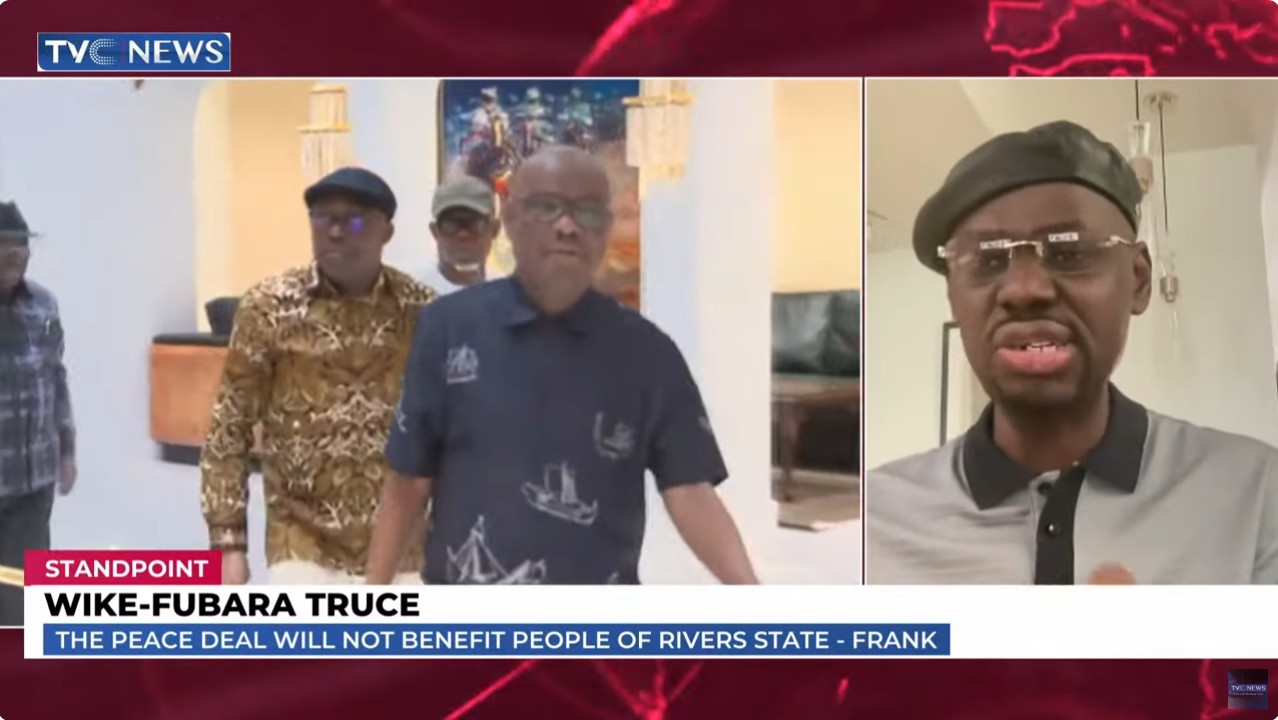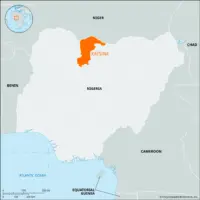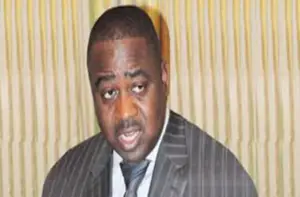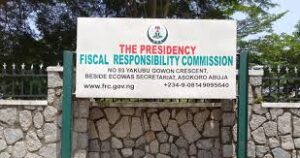In what many have described as a significant political breakthrough, President Bola Ahmed Tinubu has brokered a truce between the Minister of the Federal Capital Territory (FCT) and former Rivers State Governor, Nyesom Wike, and the incumbent Governor of Rivers State, Siminalayi Fubara.
The peace agreement was reached during a late-night meeting at the Presidential Villa in Abuja, marking a potentially decisive turn in the prolonged political crisis that has engulfed Rivers State for over a year.
The closed-door reconciliation session, which also had in attendance suspended members of the Rivers State House of Assembly, came just 24 hours after President Tinubu signed four tax reform bills into law. Speaking after the meeting, Wike said, “We have all agreed to work together with the Governor,” indicating that the feuding factions would henceforth present a united political front. The development is being interpreted as the lifting of the political fog that had lingered over the oil-rich state and the possible end of a de facto state of emergency that had rendered governance nearly impossible.
Governor Fubara, also present at the meeting, acknowledged the intervention of President Tinubu, pledging to uphold peace and collaborate with all leaders in the interest of Rivers people. “What we need for the progress of Rivers State is peace,” he said. “With the help of Mr. President and the agreement of the leaders, peace has returned.” Photos from the villa showing handshakes and smiles between former foes have since circulated widely on social media, fueling optimism in some quarters.
However, not everyone is celebrating. Former deputy National Publicity Secretary of the All Progressives Congress (APC), Timi Frank, has criticized the deal, describing it as “a betrayal of the people of Rivers State.” In a no-holds-barred interview with Theophilus Elamah on Standpoint, Frank claimed that Governor Fubara attended the peace meeting without any of his political allies or cabinet members, effectively sidelining the stakeholders who had supported him throughout the crisis. “It was 10 to 1 in that room,” Frank said. “Wike came with his people. Fubara came alone.”

Frank questioned why traditional rulers, Ijaw leaders, and prominent supporters of Fubara were absent from such a defining political event. “Where was his deputy governor? Where were the leaders who stood by him when he was under attack?” he asked. “This peace is not for Rivers people; it’s for Wike and Fubara.” According to him, the Governor’s lone attendance shows the truce was a personal negotiation, not a people-driven resolution.
Read Also
The former deputy APC spokesman warned that the peace agreement, while easing surface-level tensions, could spell the end of independent governance in Rivers State. “Fubara is now what I call an ‘Halleluyah Governor,’” Frank said. “He will nod to everything his political master says. This deal has turned the governor into a ceremonial figurehead, not a leader with power.”
Frank drew historical parallels, referencing how past Rivers governors like Rotimi Amaechi and even Wike himself had stood up to presidential might in defence of their people. “When Amaechi fought Jonathan, he had Rivers people behind him. When Wike challenged Buhari, he had their support. But Fubara has traded that support for temporary peace.”
He further alleged that Fubara’s move may be part of a broader plan to defect to the APC, suggesting that the reconciliation could serve political interests ahead of the 2027 general elections. “Mark my words, Fubara will join the APC soon. He’s doing this to survive politically, not to serve Rivers people.”
Despite the backlash, President Tinubu’s intervention is being viewed as a move to stabilize one of Nigeria’s most economically significant states. However, critics like Frank believe the President’s mediation has compromised the principle of federalism. “Would Tinubu, when he was Lagos governor, have allowed any minister to dictate to him?” he asked pointedly. “This agreement may bring peace, but it also erodes the dignity of governorship.”
As the dust settles, it remains unclear how the peace pact will reshape governance in Rivers State or whether the citizens will accept the outcome as legitimate. While calm may return in the short term, the long-term implications of the truce—and the exclusion of grassroots stakeholders—could define the political future of Governor Fubara and the state he leads.





